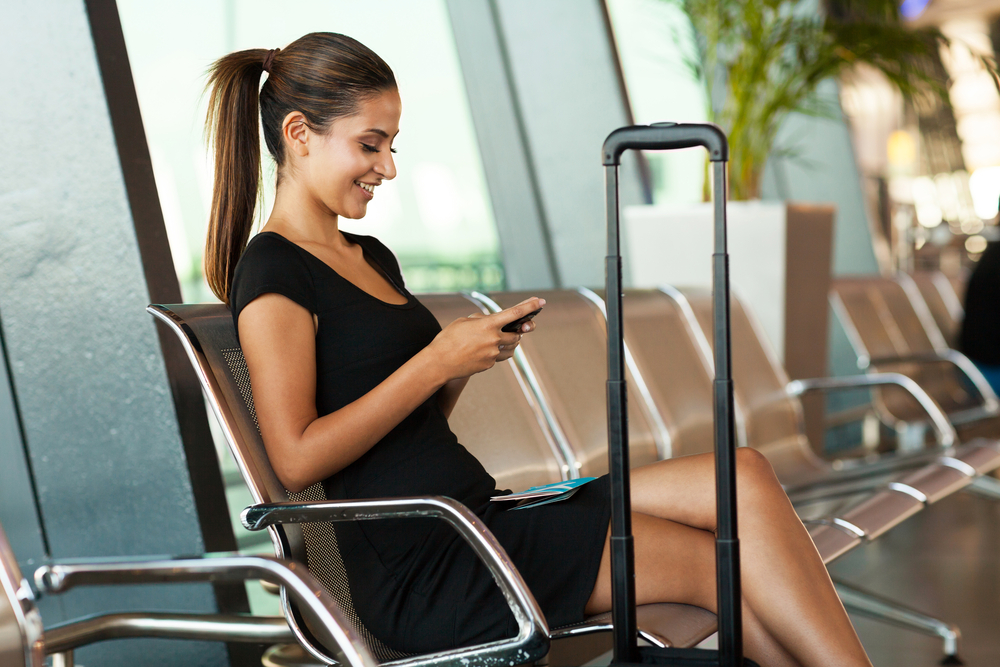Which US airports offer the best mobile data coverage?

With hundreds of millions of passengers passing through US airports every year, mobile networks often struggle to keep up with demand, which can result in poor and unreliable data performance.
Twice a year, RootMetrics tests mobile coverage at the 50 busiest airports in the US, using off-the-shelf smartphones to measure performance at all the places where passengers are most likely to use their phones. The latest US Airport Network Performance Review, which covers the first half of 2015, features some surprising results, including one of the busiest US airports ranking at the top and another major US airport landing near the very bottom.
The best performing networks at each airport are given a RootScore Award, and Verizon was the clear winner, earning 29 awards for excellent reliability and speed. Big Red recorded the fastest airport median download and upload speeds with a blazing-fast 68.8 Mbps download and 40.4 Mbps upload at Chicago’s Midway International Airport. Reliability was near perfect too as RootMetrics connected to the network more than 97 percent of the time at 49 of the 50 airports tested; and maintained that connection in web/app testing at least 97 percent of the time at 46 of the 50 airports.
T-Mobile came in second place with 20 awards, followed by AT&T on 13 awards. Sprint was more reliable than in previous tests, but failed to win any awards.
In addition to measuring download and upload speeds, the company performs common tasks such as checking emails, web browsing and app usage.
As to the best airports, the top five were:
- Hartsfield-Jackson International Airport (45,308,407 annual passengers)
- Cleveland-Hopkins International (4,375,448 annual passengers)
- Southwest Florida International (3,788,870 annual passengers)
- San Jose International Airport (4,315,839 annual passengers)
- Dallas Love Field (4,023,779 annual passengers)
Sadly for travelers in California, Los Angeles International finished in 48th, with data speeds notably slower across all carriers than at the top-ranked Hartsfield-Jackson. According to RootMetrics, a 45-minute HD video would take less than two minutes to download on T-Mobile at ATL, while that same video would take more than 13 hours to download on T-Mobile at LAX.
Photo Credit: michaeljung/Shutterstock
